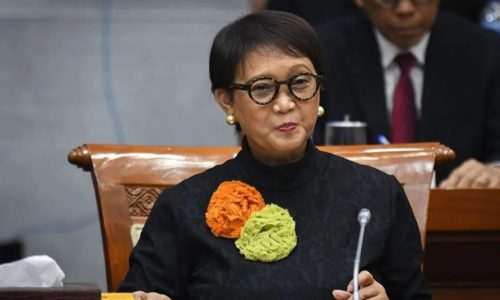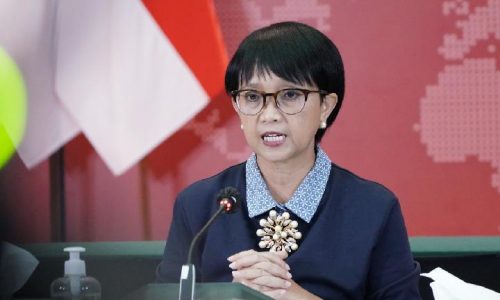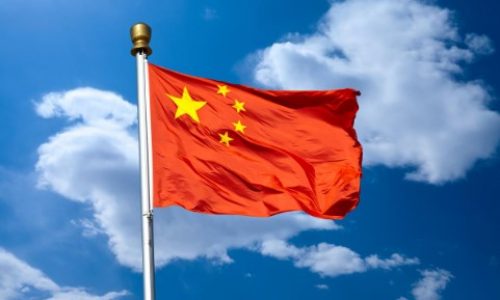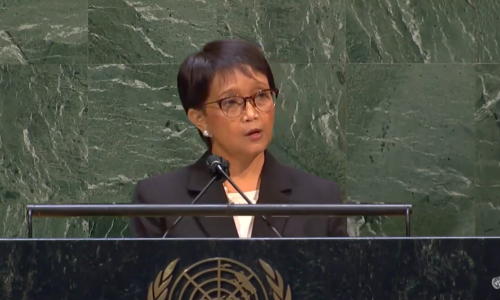Since late 2019, the United States (US) government raises concerns about the increasingly popular social media app, TikTok, which is owned by the Chinese company, ByteDance.
Concerns about TikTok were also heightened when ByteDance said it fired four employees who accessed data on journalists from Buzzfeed News and The Financial Times while attempting to track down the source of a leaked report about the company.
More troublingly, the Chinese government has a “golden share” investment in ByteDance, as quoted by Bush Center.
Concerns about national security
Both the FBI and officials at the Federal Communications Commission considered TikTok as a potential national security threat due to its Chinese ownership
In addition, there is also a possibility that the Chinese government may use the app to collect data on US citizens.
TikTok, like other social media applications, collects a significant amount of personal data such as location, browsing history, and search queries.
FBI Director, Christopher Wray expressed his concerns that such data could be accessed by the Chinese government and used to identify intelligence opportunities.
Another concern is that if the Chinese government gains access to TikTok’s algorithm or business operations, it may try to influence the content seen by users on the platform.
Such conditions may result in the censorship of certain content or the promotion of preferred content and even to broadcast of propaganda to users.
Steps taken by the US Government
Regarding this issue, the US government has already taken several steps, ranging from investigating the ByteDance acquisition of Musical.ly and issuing an executive order in August 2020 that Donald Trump would ban TikTok.
One of the most recent steps was the promulgation of legislation intended to give the US Department of Commerce the ability to more closely regulate – or ban entirely – TikTok, in march, 2023.
As quoted from the Bush Center, the White House has already endorsed and urged for the quick passage of the bill, known as the Restricting the Emergence of Security Threats that Risk Information and Communication Technology, or the RESTRICT Act.
Even after TikTok CEO, Show Chew testified on Thursday (23/3) before a congressional committee, US lawmakers still remain convinced that TikTok is an urgent threat to national security.
The major concern is reinforced by the House Speaker statement, Kevin McCarthy who supports legislation to effectively ban TikTok.
US Secretary of State, Antony Blinken said that TikTok should be “ended one way or another”, while the Treasury Department issued a statement vowing to “safeguard national security” without expressly mentioning TikTok.
Not only in the US, other western countries had expressed concerns over the data privacy and national security implications of using TikTok.
This leads some countries to join the US in implementing a ban on the app or taking other measures related to its use.
Some of these western countries include Australia, Canada, the UK, France, the Netherlands, and Norway. While not all of them have implemented full bans, they have taken actions such as warnings, restrictions, or orders for the app to address concerns related to its data privacy practices.
Is Indonesia Joining the Trend?
A report published by Statista discovered that Indonesia is one of the biggest markets for TikTok, with around 110 million users as of 2023.
Regarding TikTok ban issue, there is no official announcement or indication that Indonesia will follow in the footsteps of the US and other western countries in implementing a ban on TikTok.
Currently, TikTok is plowing ahead testing the ‘creator’ marketplace across the region, championing influencers, and chasing small to medium-sized businesses as advertisers.
The app even developed a platform for businesses to make their own ads and sell products. However, it does not mean that TikTok did not face obstacles in Indonesia.
Back on July 3, 2018, the Indonesian Communications and Information Ministry temporarily blocked the app after learning it contained “pornography, inappropriate content, and blasphemy”.
The ban was lifted one week later after the ministry said that TikTok had shown commitment to deleting any negative content on the platform.
Regarding data privacy issues, the Indonesian government has expressed concerns over Tiktok’s data privacy practices and potential negative influence on young people.
However, the government has not implemented a ban on the app. Instead, the government took steps to regulate its use in the country, such as requiring TikTok to set up a local office and ensuring compliance with Indonesian laws and regulations.
While there have been some concerns expressed over the app’s data privacy and potential negative influence, it remains to be seen how the Indonesian government will regulate TikTok in the future, according to the Financial Times.









